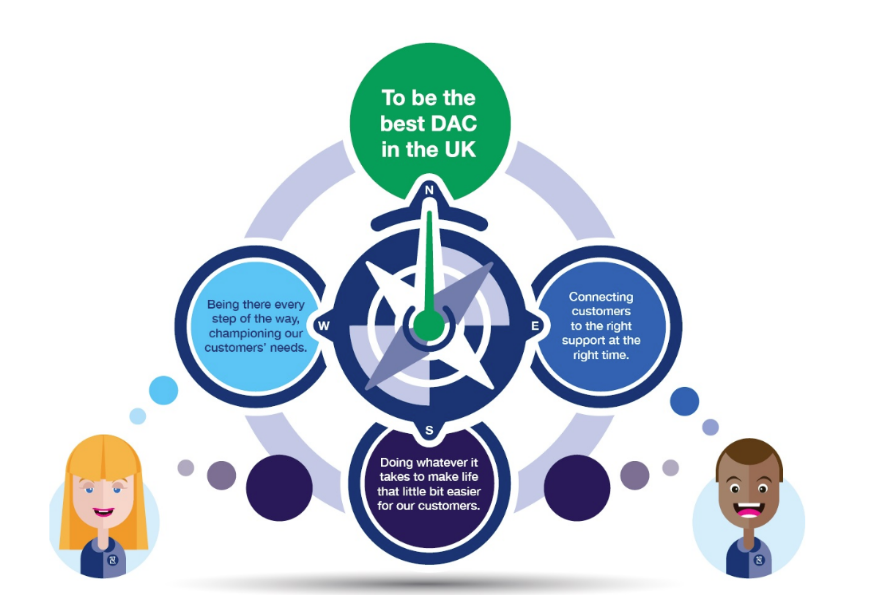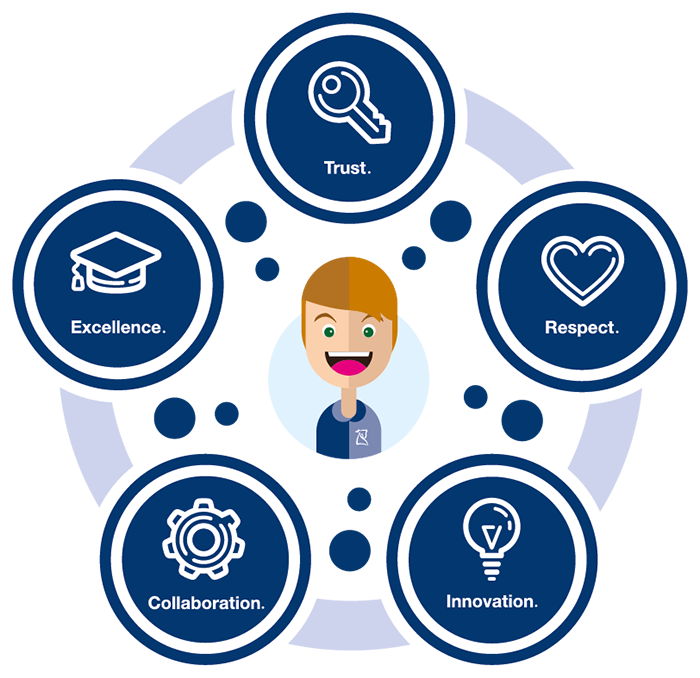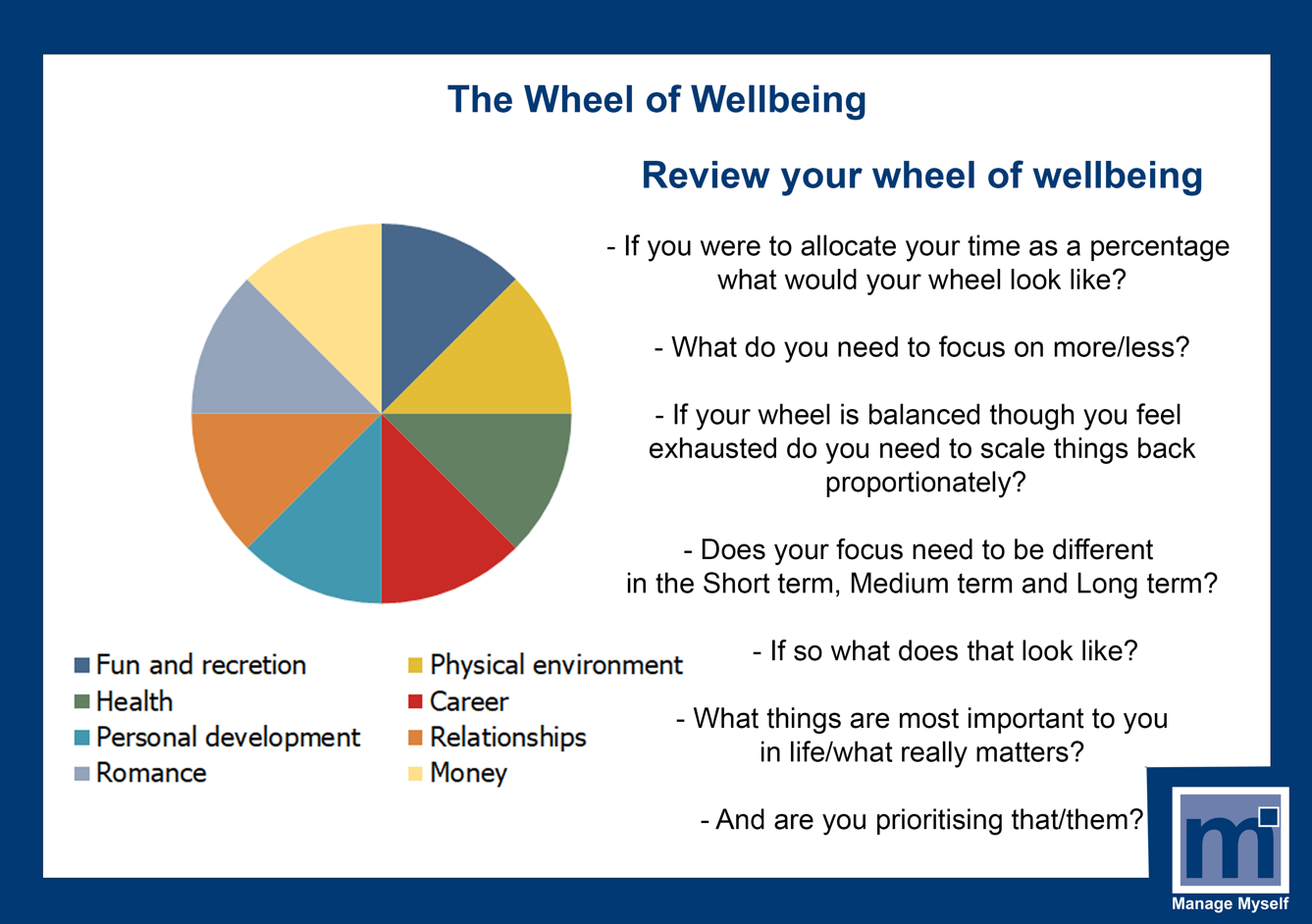Social Value Method Statement
This statement has been approved by the Board of Directors. It covers the activities of Bullen Healthcare Group Ltd.
Publication Date: August 2022
Review Date: July 2023
Signed off by: Board
Timeframe: Year 1 – 2022/23
The National Social Value Taskforce have developed a Social Value Statement template, which has been used to inform this document. It follows guidance published by the Local Government Association[1].
[1] https://www.local.gov.uk/social-value-statement
Introduction
Social value is defined in the Public Services (Social Value) Act (2013) which requires all public sector organisations and their suppliers to look beyond the financial cost of a contract to consider how the services they commission and procure can improve the economic, social and environmental wellbeing of an area. [1]. As a key supplier to the NHS and to NHS Patients, it is important that we have a plan to increase the Social Value we deliver in the places where we operate.
Bullen Healthcare is a 4th generation family owned business that was established in 1858 and during that time has become one of the UK’s leading home delivery companies for Stoma, Urology and Wound care products, as well as a provider of NHS-commissioned prescribing services.
Bullen Healthcare employs around 150 people across mainland Britain, with slightly over half working from the Head Office in Liverpool. Products are procured from over 100 suppliers and delivered to a central warehouse in Liverpool.
- Approach and intentions in relation to social value
Social Value is important to Bullen because for 160 years we have been supporting the people, economies and supply chains in the places where we operate. We have a number of policies that support the delivery of Social Value, particularly around Health and Wellbeing, Corporate Social Responsibility and the Environment.
The government’s social value priorities for procurement are set out in the following Social Value Model[2], which includes a menu of social value options for commercial staff in in-scope
organisations to review and select with their internal clients and any other stakeholders.
[1] https://www.local.gov.uk/our-support/financial-resilience-and-economic-recovery/procurement/social-value-achieving-community
[2] https://assets.publishing.service.gov.uk/government/uploads/system/uploads/attachment_data/file/940827/Guide-to-using-the-Social-Value-Model-Edn-1.1-3-Dec-20.pdf

Bullen Healthcare Group’s approach to the first year of this document is outlined in the next section on “Key areas of focus”.
Our compass point sets the direction for everyone that works at Bullen. Our vision is to be the best DAC in the UK and we strive to achieve this by championing our patients’ needs, connecting them with the right support and doing whatever it takes to help them.

Our values underpin our compass point and are reflect how we out our patients at the heart of everything we do

We aim to deliver social value across every aspect of our organisation concentrating on the themes 2-5:
- Tackling economic inequality
- Fighting Climate Change
- Equal opportunity
- Wellbeing
- Key areas of focus
Theme 2: Tackling economic inequality
Social Value is embedded in our procurement and supply chain. We will influence staff and suppliers through the delivery of our contracts to support the Policy Outcome “Increase supply chain resilience and capacity” by:
- Engaging with local staff, suppliers, patients and communities via Patient Panels and existing groups, including Healthwatch and other VCFS organisations. Events including virtual Town-Halls and Face to face sessions (COVID permitting)
- Supporting a local supply chain in all the places where we operate. We will look to increase supply chain and spend opportunities for SMEs and voluntary community & social enterprises in any new places
- Ensuring our supply chain ensures ethical considerations, through ethical sourcing practices and a firm commitment to our Modern Slavery Policy. We champion ethical supply, e.g. free trade food and drink and environmentally friendly stationery
- Incorporating sustainability considerations into our supply chain, including a shared commitment to achieving carbon net zero. In all our procurement, we expect suppliers to demonstrate their own commitment to Social Value via their Method Statements
- Creating employment in local communities through our locally delivered services across England, including in areas of higher deprivation index, and through our local supply chains who employ local people
- Providing training for local supply chain partners as well as patients, health professionals, volunteers
Theme 3: Fighting Climate Change
Our Quality Account details our commitment to reducing our carbon footprint and contribute to a net zero NHS. We have an ambition to achieve carbon net zero by 2030
Our Environmental & Sustainability Policy outlines our Climate Change commitments and some of the strategies that are being developed (e.g. the purchase of Carbon Credits). It also includes the following priorities:
- Reduce our impacts on the climate
- Improve air quality
- Increase recycling
- Tackle energy poverty and inequality with our patients, staff and partners
- Safeguard the natural environment locally and nationally
- Develop green spaces in the places we operate in
Social Value is embedded in a number of policies that support the achievement of our commitments in the Social Value Method Statement, including:
- Increase use of electric vehicles
- Use video & telephone consultations, where appropriate, to reduce travel for both staff and patients
- Undertake Energy Assessments on all buildings
- Use energy efficient fixtures and fittings
- Reduce paper with electronic discharges, onward referrals and utilising EPS for prescribing
- Letters and information sent via email as the preferred method and post only utilised for patients that opt for
- Work with appliance manufacturers to reduce non-recyclable plastics and unnecessary packaging
- Undertake continuous horizon scanning for new products with a lower carbon footprint and utilise these products where appropriate as a preferred item.
- Undertake a stock check with patients prior to a prescription being issued and adjust quantities to reduce waste
- Provide bi-annual updates of the progress of the Quality Account priorities to commissioners
- Use EMIS to provide a breakdown of products used to highlight the use of more environmentally friendly products
- Use prescribing data to look at the quantities prescribed to ensure a downward trend from a pre-launch base level
- Screening questions ensure patients with issues are identified early reducing the risk of increased usage and associated risk of waste
Theme 4: Equal opportunity
We are committed to tackling workforce inequality through the application of our Equal Opportunities Policy. Job applicants (internal and external) will receive equal treatment regardless of age, disability, gender reassignment, marital or civil partner status, pregnancy or maternity, race, colour, nationality, ethnic or national origin, religion or belief, sex or sexual orientation (Protected Characteristics).
An NHS Workforce Race Equality Standard (WRES) assessment is undertaken on an annual basis to monitor performance.
Recruitment, promotion, and other selection exercises are conducted on the basis of merit, against objective criteria that avoid discrimination. Shortlisting is undertaken by more than one person, where possible. Our recruitment procedures are reviewed regularly to ensure that individuals are treated on the basis of their relevant merits and abilities.
Theme 5: Wellbeing
We are focussed on delivering the Policy Outcome “Improve Health and Wellbeing” both of our staff and our patients. As an organisation, we aim to:
- Continually look at ways we can develop better, safer systems to better protect everyone’s health and wellbeing.
- Develop a culture where attention to our health and wellbeing is “business as usual”.
- Reduce ill-health amongst staff, promote employee wellbeing, and to reduce sickness absence
As a result of feedback from the Staff Survey, a programme of empowering staff was introduced called M2 (Manage Myself). Included in that programme is a Wheel of Wellbeing tool that staff can use with their manager to look at their own Wellbeing, both in and out of work with a view to talking action to improve it.

Looking after our employees is a primary focus for the Board. Some of the ways we do this include:
- A free onsite gym for employees to use alongside healthy payday breakfast/lunch options paid for by Bullen.
- Proactively share hints and tips to help our employees with financial, wellbeing and legal support, promoting coping mechanisms and third party organisations that may be able to help.
- Created a team called “Your Voice” they are made up of individuals across the organisations, whose main purpose and mission is to listen to our people, ensuring everyone within our business has their voice heard. This group continually share “you said we did” ideas, which allows us to better develop as an organisation but also includes our people as part of the process, which in turn provides happier and committed employees
- Wellbeing Wednesdays
- Vitamin D Supplements for all staff
- Flu jab provided and paid for by Bullen for those who do not qualify on NHS
3. Internal engagement, communication and management of social value
An easy-read summary of this Social Value Method Statement will be communicated to staff via our Workplace internal communications channel. Data on views and engagement from staff can be analysed to ensure that every layer and group of staff are accessing the document.
Social Value will be measured and reported to the Board. Social Value impacts will be communicated to staff by the Executives in All Staff Meetings.
Staff will be encouraged to consider Social Value in their M2 meetings with their line managers and to make suggestions to improve our Social Value Impact through the “Your Voice” initiative.
Social Value will be considered in the design of any new services that are being mobilised or bid for. The Social Value Impact will be measured and managed to ensure delivery.
Updates to relevant policies are communicated to all staff via Workplace and all staff have access to all policies and the employee handbook stored on the Bullen Intranet. Staff without PC access as part of their job can access these via PCs in the staff break-out area.
4. Implementation approach for embedding social value
We will use a Project Management Office (PMO) approach to embedding social value. This will ensure there is accountability for delivery of a timed action plan that pulls together the threads of numerous smaller initiatives.
Bullen provide training to all staff on all aspects of our code of conduct, values, circle of trust and compass point through our in-house Stoma & Urology Academy.
Training relating specifically to the Public Services (Social Value) Act (2013) is made available to any staff who need it. This is most relevant to the Procurement Team and the HR Team.
5. Internal support available to achieve targets and ambitions
Clinical Staff are supported to undertake role specific Continual Professional Development to enable them to continue to deliver safe and effective care for our patients.
Development Opportunities are advertised internally to enable staff to take on extra responsibility and gain stretch experience in their areas of work.
Staff are supported to fund-raise, both for our corporate charity partners and for other causes.
Members of the Senior Leadership Team regularly lead new initiatives under Executive sponsorship.
6. Collaboration, external engagement and support available to partners that want to contribute to creating place based social value
We collaborate with our Charity Partners to support their work with vulnerable members of society, with both money in the form of donations and time in the form of partnership working.
We engage with suppliers in each of the places where we work to support local businesses. This was particularly evident during the OCVID lockdowns where we supported local suppliers to continue trading, and offered employment to a number of suppliers who faced redundancy.
We reach out to our supply chain to ensure we are working together on initiatives around improving the environmentally friendliness of products and to eradicate modern slavery in supply chains.
7. Performance Management
We have registered with the Social Value Portal[1] to monitor, measure and report the Social Value impacts we are delivering compared to our commitments.
This will enable us to:
- Measure social value and compare value add across projects. By measuring social value, we can deliver the best community outcomes.
- Compare activities using a common metric and understand the value we are creating.
- Evidence and report on change, in line with national TOMs (Themes, Outcomes and Measures framework for delivering excellence in measuring and reporting social value).
8. Achievements and benefits realisation
Using the Social Value Portal, we will report annually on achievements and benefits realisation and publish this report.
9. Actions and next steps for delivery
Delivering Social Value is a “business as usual” activity that goes beyond any single initiative or project.
A timed action plan with SMART objectives will be created to ensure a co-ordinated and effective approach to delivering Social Value.
The Board are proud of the Social Value impact we deliver day in, day out, and are committed to delivering Social Value in all aspects of our business and in all the places where we operate, with a particular focus on supporting local people, local supply chains and local environments.
[1] https://socialvalueportal.com/